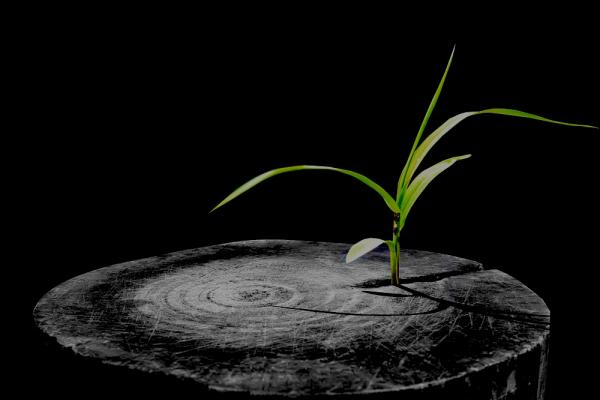“The task of cleaning up our environment calls for a total mobilization by all of us. It involves governments at every level; it requires the help of every citizen.”
Sounds like a liberal Democrat, right? Someone who has been using Pope Francis’s recent climate encyclical Laudato Si’ (“Blessed Be”) as a political bludgeon, wielded against “climate change deniers?” Nancy Pelosi, perhaps? Not quite.
With these words, President Richard Nixon concluded his plea to congress in 1970 to take action on behalf of the environment, stressing that this was “an urgent common goal of all Americans.” Nixon then gathered bipartisan support as he spearheaded the creation of the Environmental Protection Agency, and inked 14 laws related to environmental protection.
To be sure, Nixon didn’t know what to make of environmentalists, once complaining that they wanted everyone to live like “a bunch of damned animals.” Still, when a 2012 poll asked 12 leading environmental groups to rank the three most environmentally-friendly presidents, Nixon came in second — behind Teddy Roosevelt, a fellow Republican.
Read the Full Article

